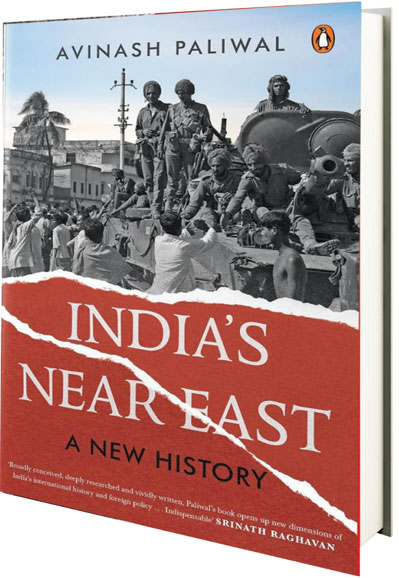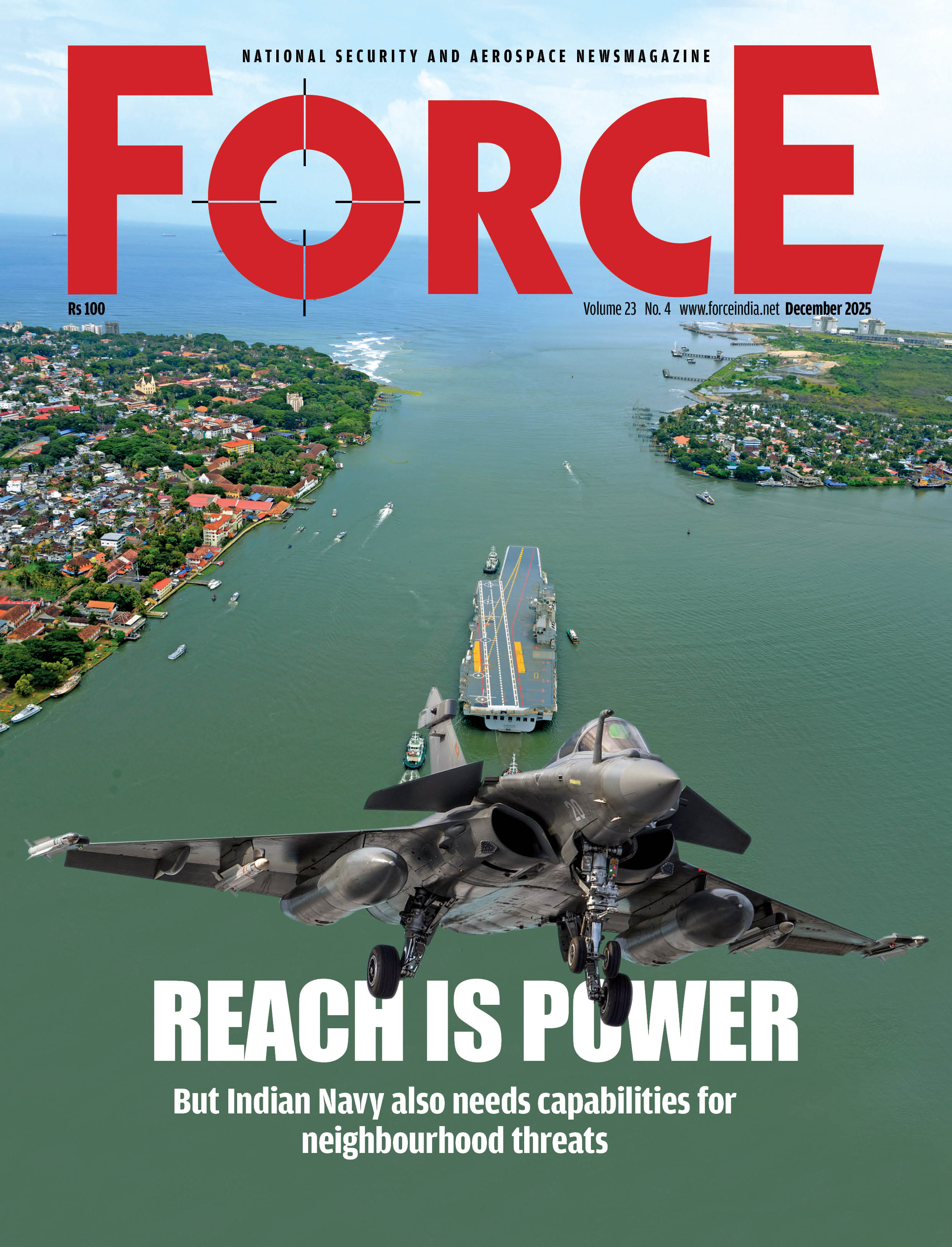Domestic Compulsions
Communal prejudice shapes India’s relations with Myanmar and Bangladesh. An extract
Avinash Paliwal

But under the public radar, the politics of the India-Myanmar bilateral underwent a huge shift. The mainstreaming of Hindu nationalism in India and potency of Buddhist nationalism in Myanmar offered a unique, often understated, majoritarian glue. It went back to Myanmar’s silence on the Babri demolition. The politics of Hindu and Buddhist majoritarianism pinned separatism in the borderlands on the spread of Islam and Christianity. If Western missionaries had not uprooted animist customs of local populations straddling the border, there would be no separatism in these regions, in their worldviews. A telling explication of such undercurrents came from an unlikely source: an RSS pracharak posted to Yangon as liaison with the Sanatan Dharma Swayamsevak Sangh (SDSS). Though unwilling to be identified, this pracharak not only blames China for fomenting violence in India, but equally blames the West. In his version, the ‘church and England work together in Myanmar, northeast, and other parts of the subcontinent to spread Christianity and capture business’.
The Hindu-Buddhist compact in this context is both safe and desirable. On the question of the relationship between Buddhist nationalism and Hindutva, both the SDSS chief Ram Niwas and the RSS pracharak were clear that they accept Buddhist hegemony in Myanmar. As someone who spent years in Mumbai, Niwas is a trusted RSS inspired ally in Yangon. He has acted as translator for visiting Indian leaders including former vice president Bhairon Singh Shekhawat and Prime Minister Modi. Connected to the All Myanmar Hindu Central Council, an umbrella body for all Hindus in Myanmar, Niwas ensures that the Hindu community continues to be accepted and supported by the junta. ‘In India the RSS has rashtravaad (nationalism), but here we’re
Subscribe To Force
Fuel Fearless Journalism with Your Yearly Subscription
SUBSCRIBE NOW
We don’t tell you how to do your job…
But we put the environment in which you do your job in perspective, so that when you step out you do so with the complete picture.







